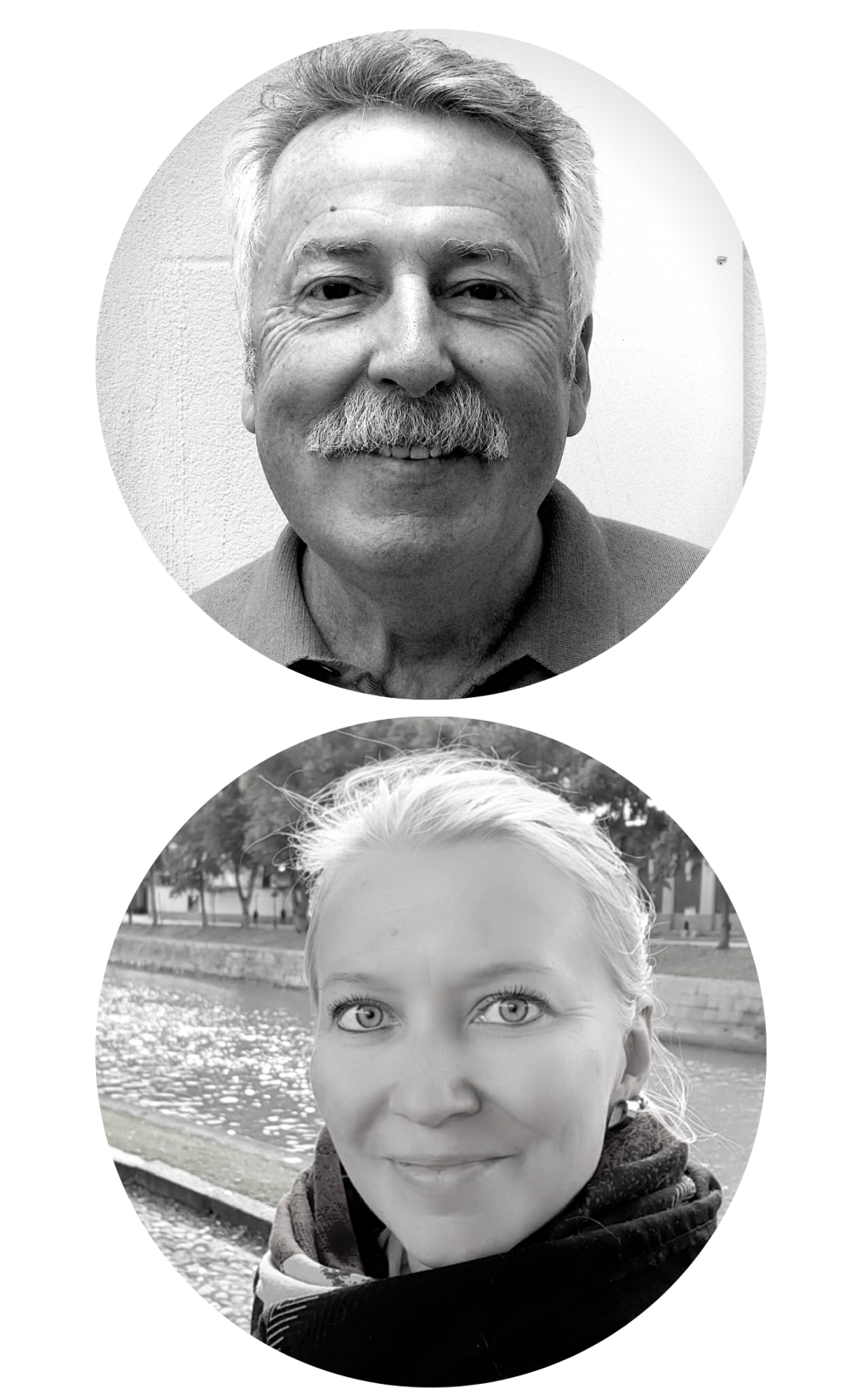
EFRJ members get a discount of the fee. The discount is automatically applied to members (after logging in to our website). If you haven't paid your membership due for the current year yet, you will not get the discount automatically. If you don't get the discount for any other reason, please contact Bálint Juhász to get your discount code before you fill in your application.
| EFRJ Members | 90 € |
| Non members | 150 € |


